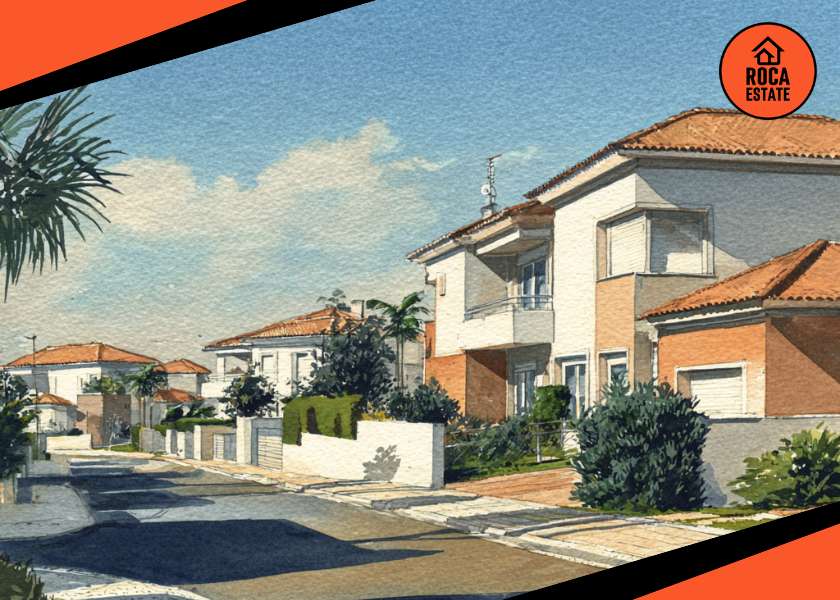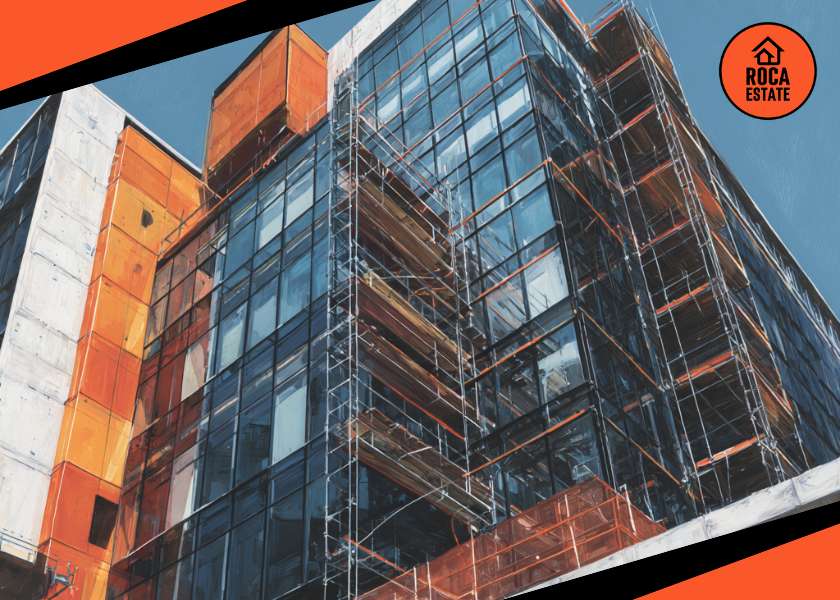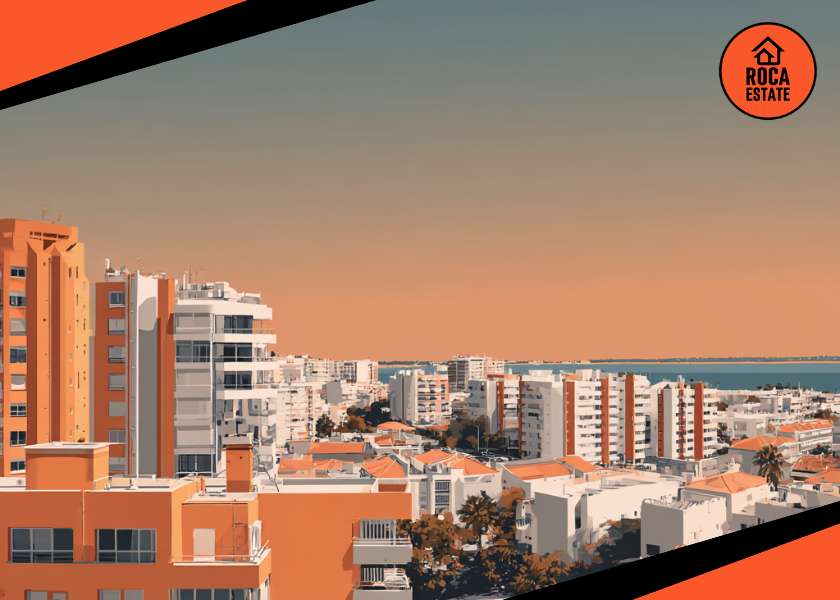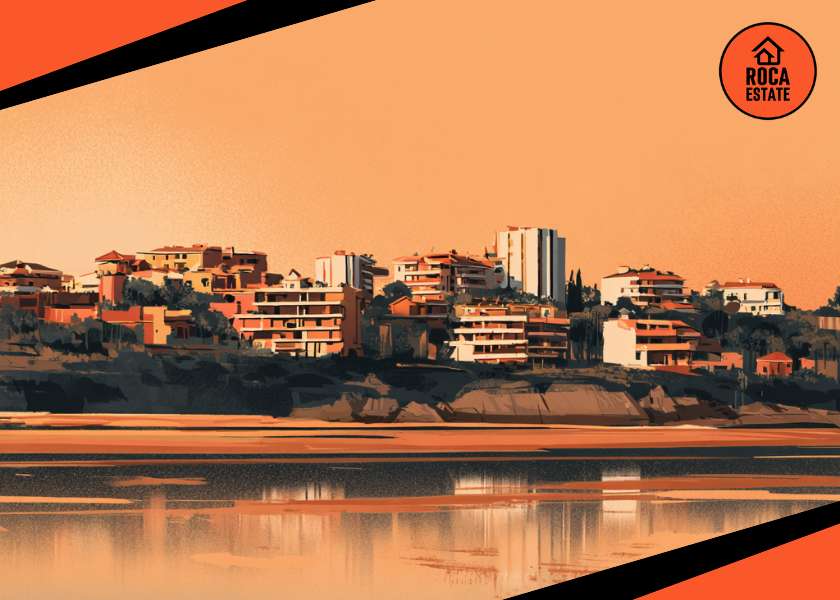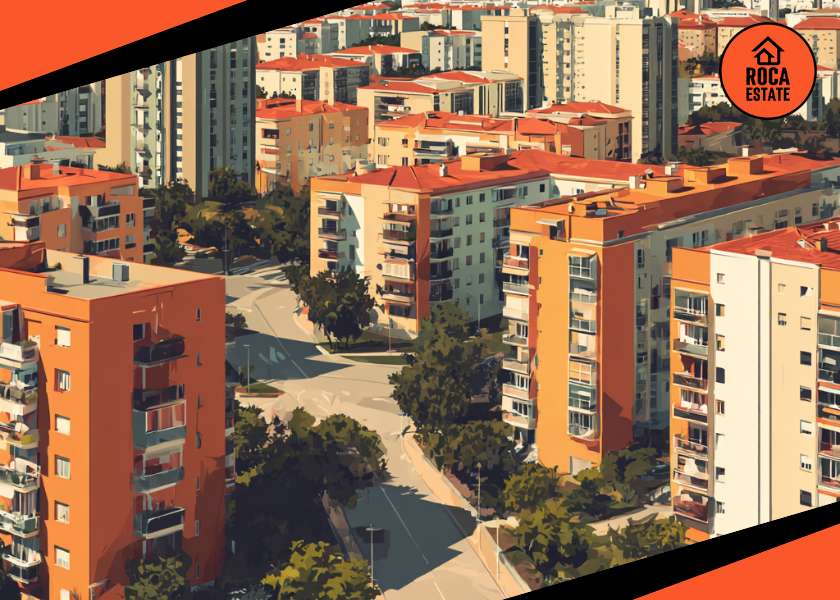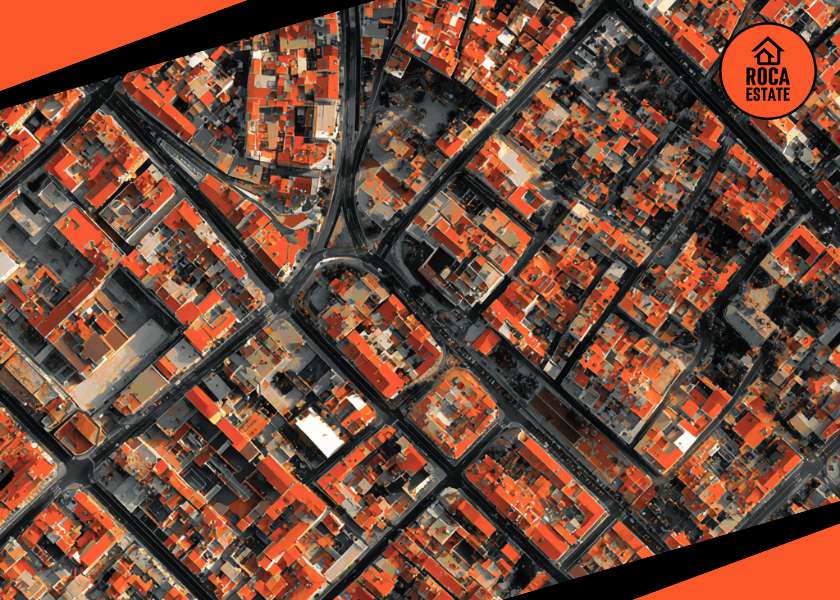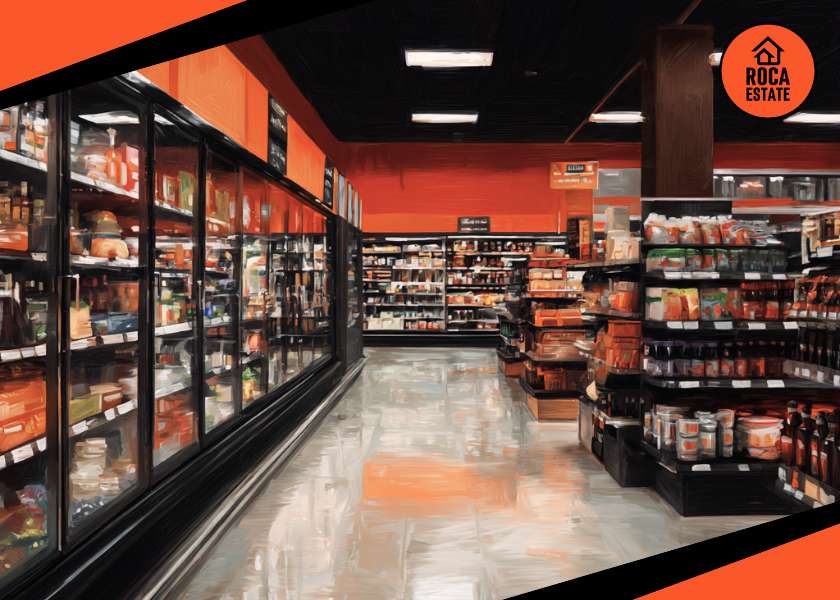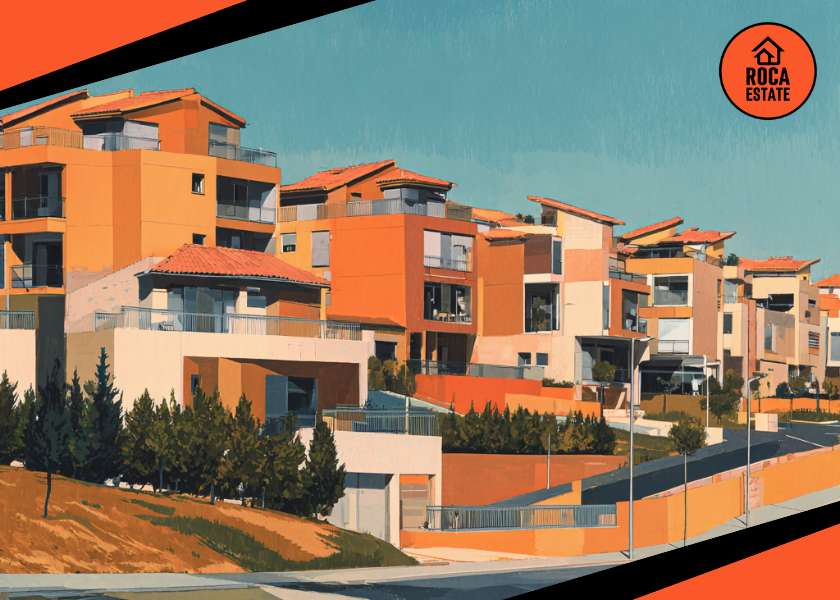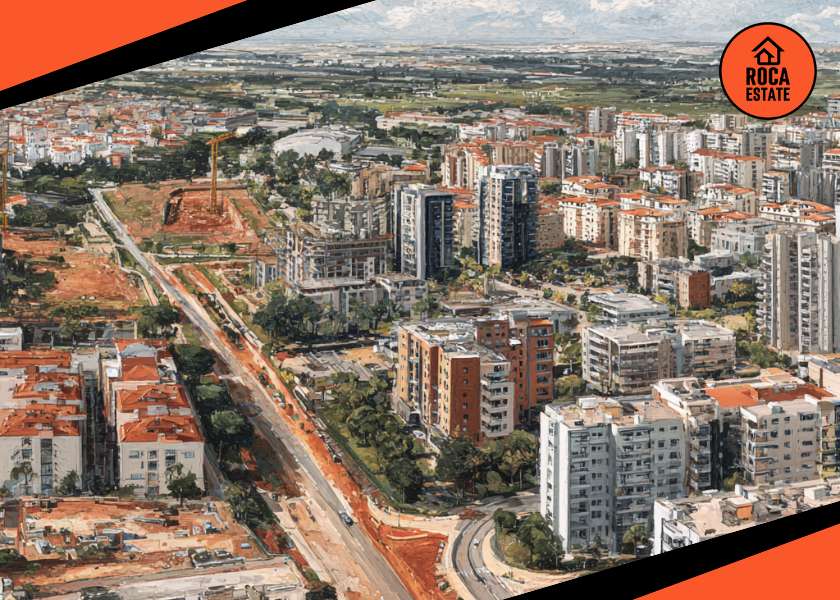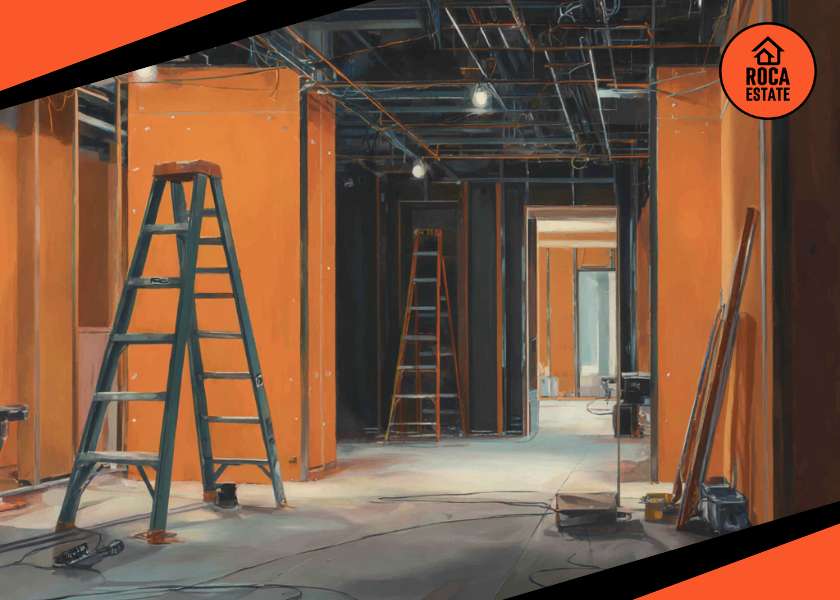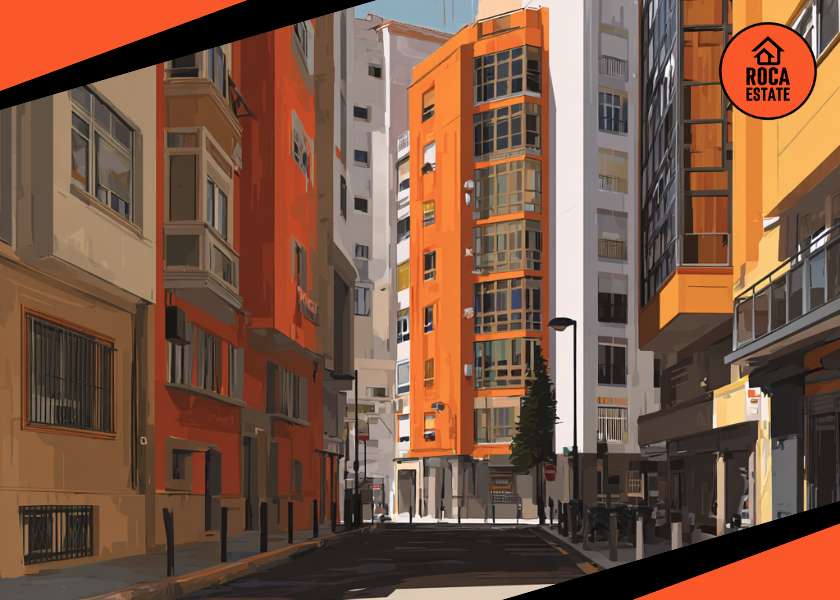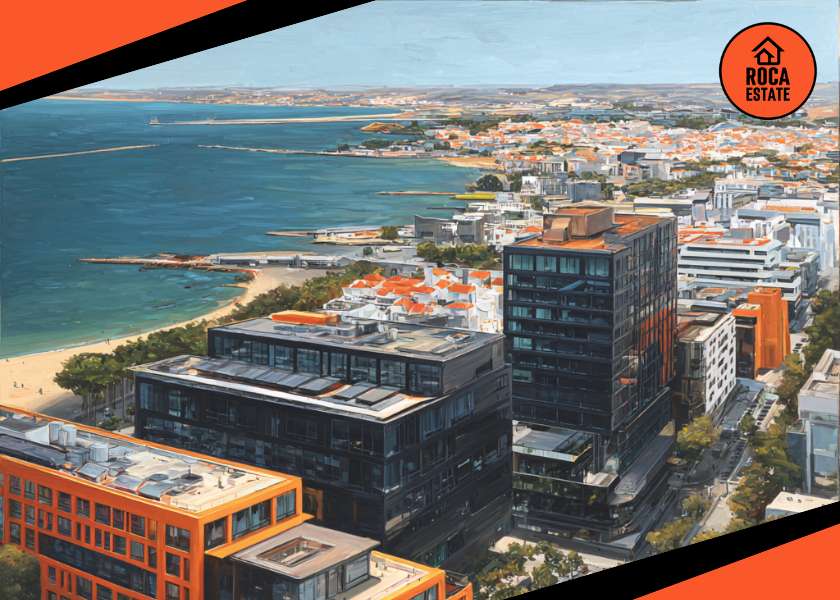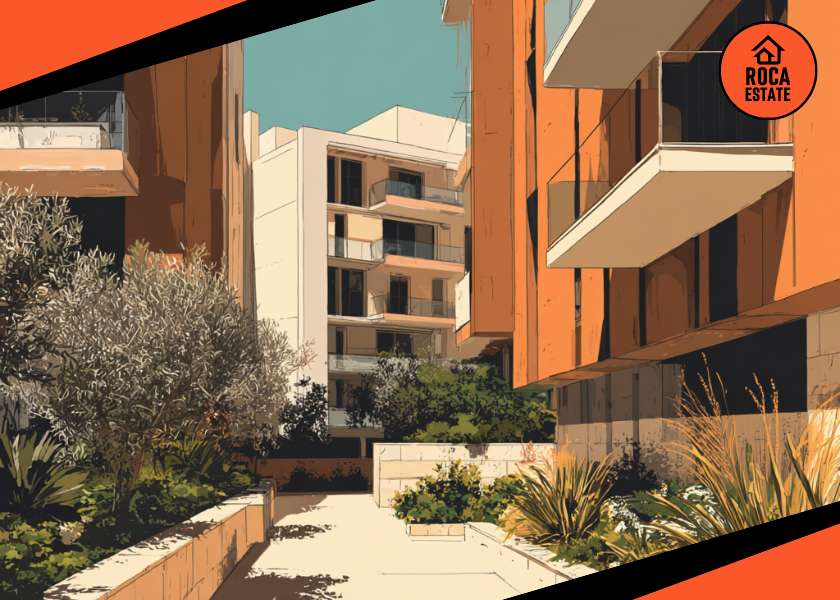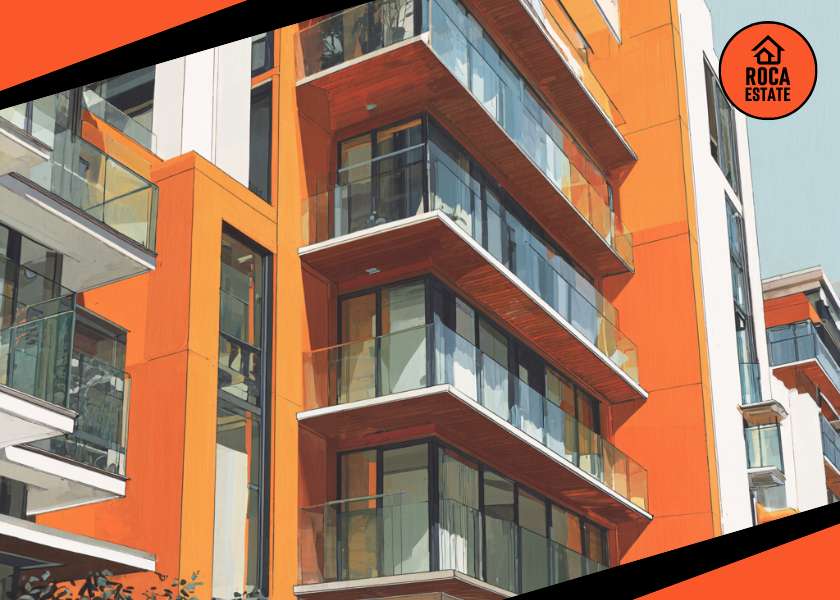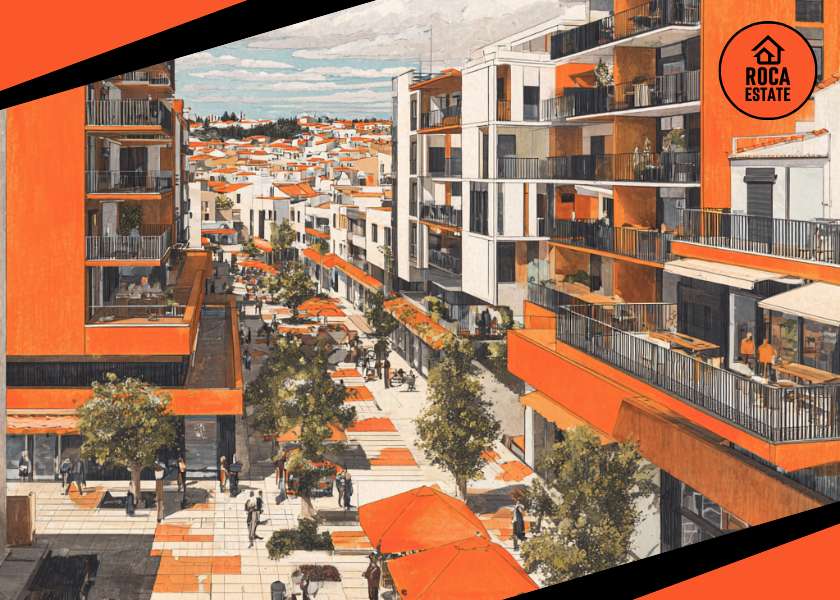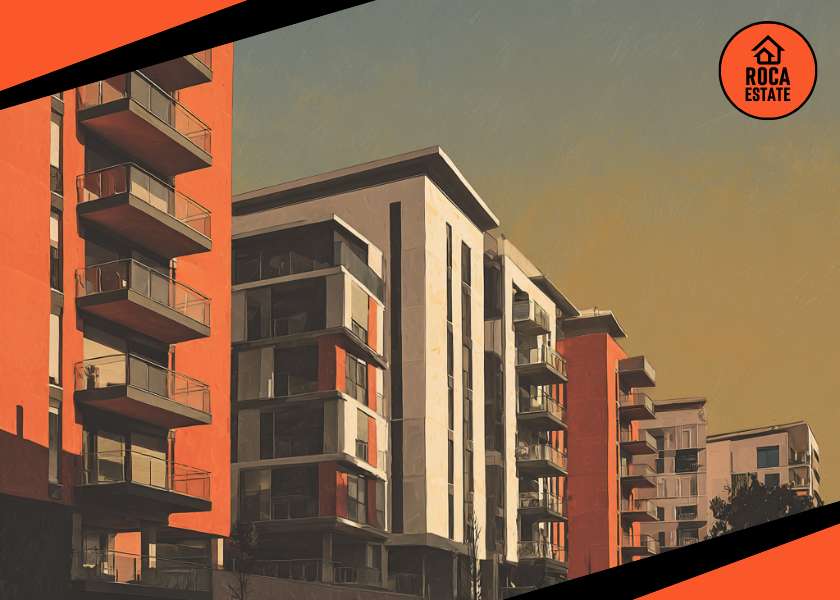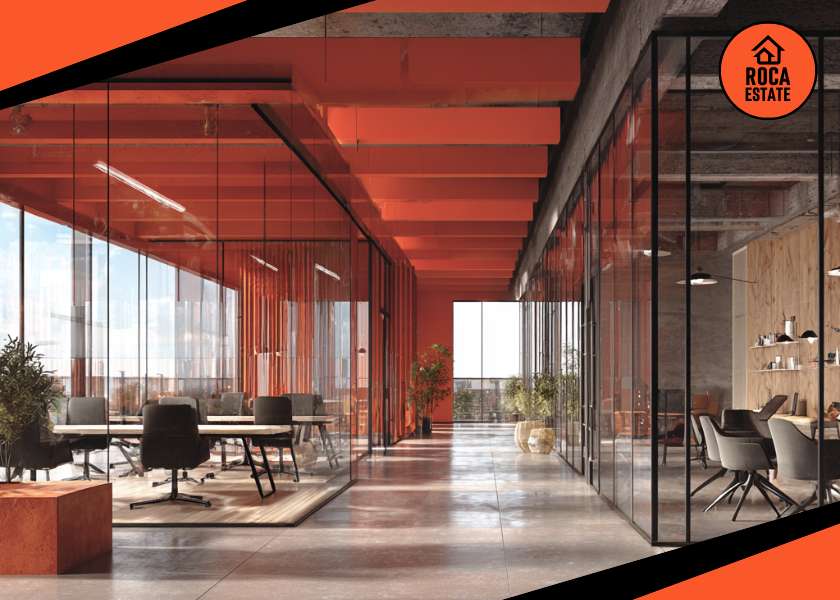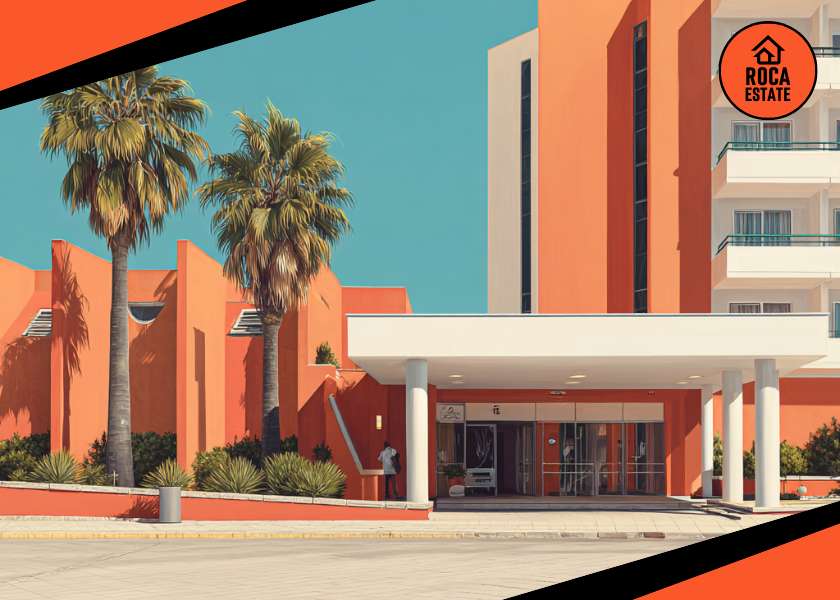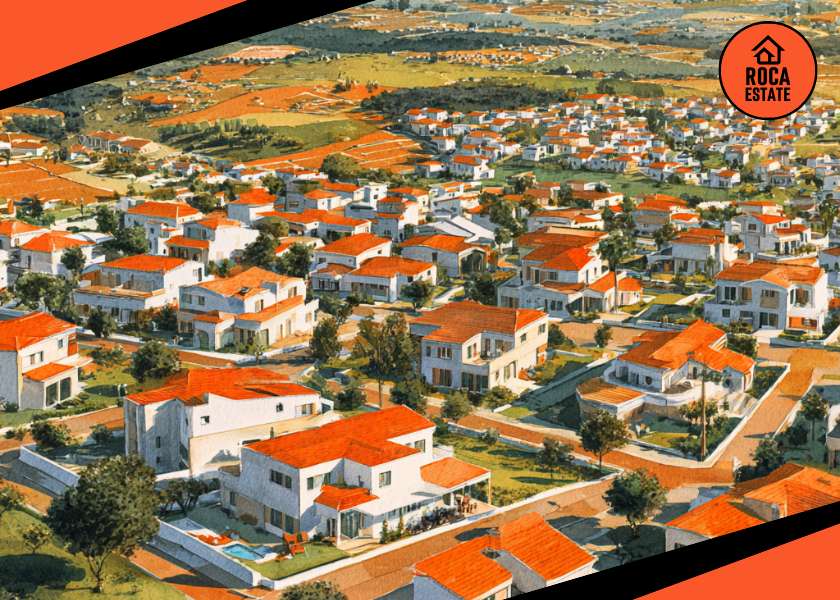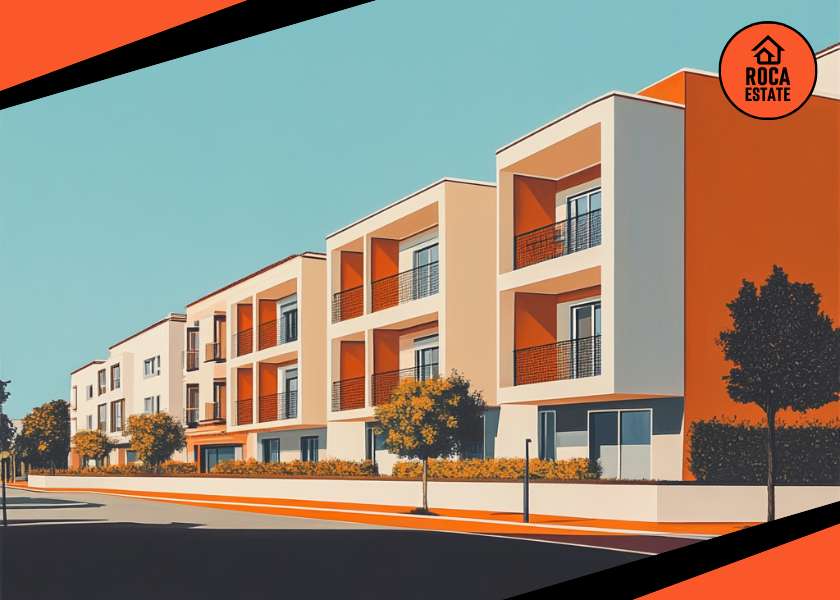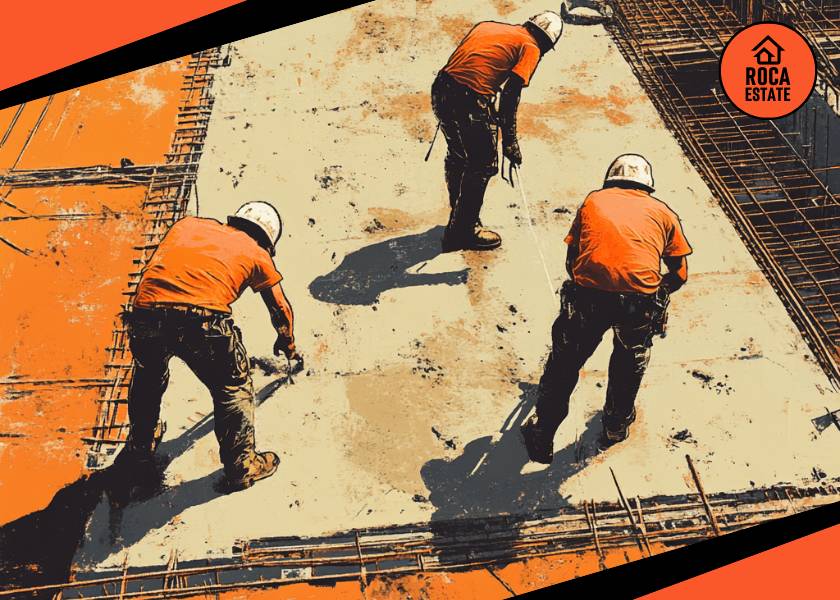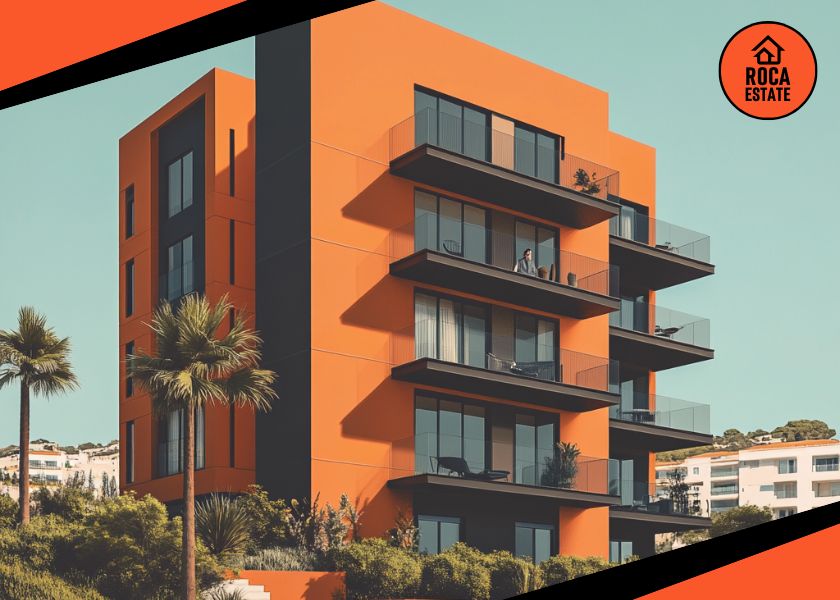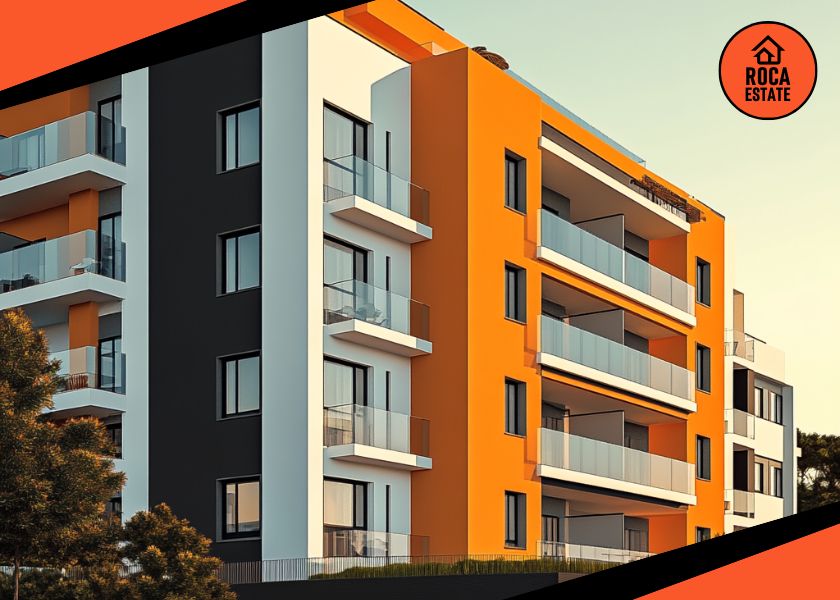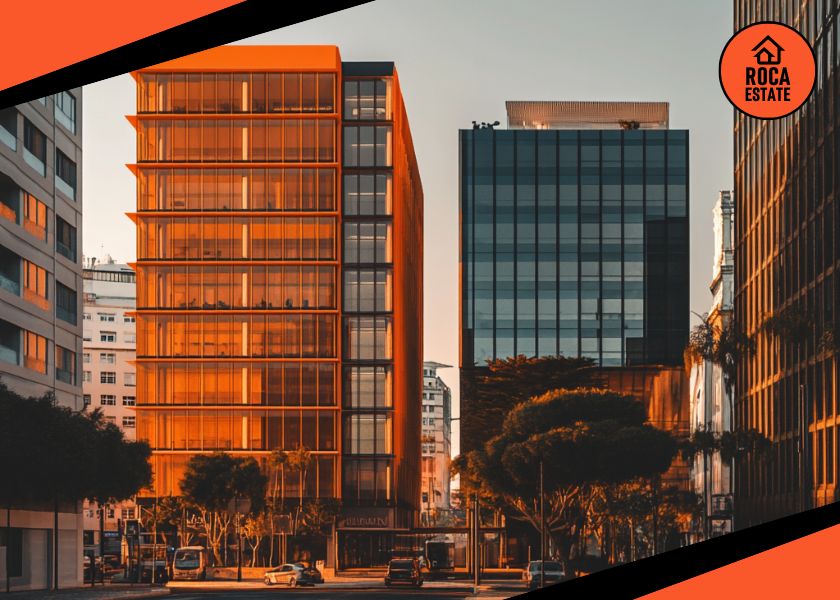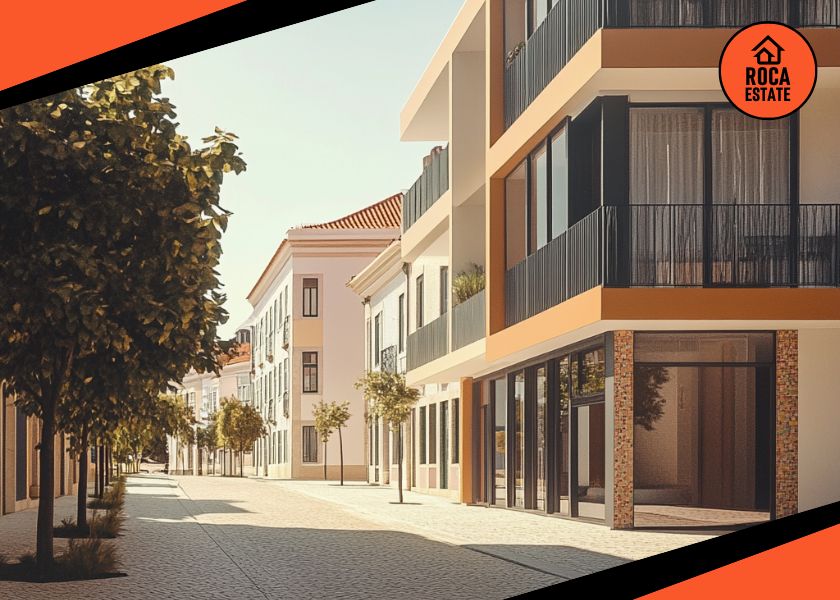According to the latest data from INE, the Portugal commercial real estate market is showing renewed strength, driven by a sharp rise in building permits, property transactions, and housing valuations. These indicators, detailed in the 2024 Construction and Housing Statistics report, highlight an expanding development pipeline and growing investor confidence across key regions.
For those focused on real estate investment, this momentum presents both potential and pressure. Surging residential activity could lift demand for supporting commercial infrastructure, but it also introduces risks tied to cost inflation, yield compression, and regional overheating.
Key Market Signals
- Permits Point to Expansion: In 2024, 25,470 buildings were licensed — a 7.2% increase compared to 2023, reversing the previous year’s contraction. This uptick signals renewed momentum in the construction sector, with possible spillovers into commercial development.
- Record Housing Transactions: Residential transactions jumped 14.5% year-over-year, reaching €33.8 billion — the highest since 2009. This surge, alongside a 32.1% increase in bank appraisals, reflects heightened market liquidity and could support adjacent commercial segments, especially in retail and logistics.
- Rising Valuations in Urban Nodes: Median housing prices climbed 10.3% to €1,777/m², with Greater Lisbon (€2,939/m²) and the Algarve (€2,752/m²) leading the market. These regions are also critical hubs for commercial real estate, and price dynamics here may influence development strategies and acquisition costs.
- Increased Rental Activity: The rental market saw a 10.5% increase in median rent, alongside a 4.3% rise in new contracts. While these figures pertain to residential leases, they signal broader economic activity and population movement, which have direct implications for office, retail, and mixed-use assets.
Implications for the Portugal Commercial Real Estate Market
- Development Tailwinds with Cost Pressures: The rise in licensed buildings and completions suggests capacity and confidence in the construction sector. However, this momentum may also tighten supply chains and inflate construction costs — factors that directly affect commercial development feasibility.
- Demand Growth in Mixed-Use and Urban Retail: The expanding residential base in key regions is likely to increase demand for commercial services and infrastructure. Mixed-use developments and urban retail assets stand to benefit from population growth and elevated foot traffic.
- Healthy Credit Conditions Fuel Expansion: With 140,000 bank appraisals — a 32.1% increase — there is evidence of strong lending activity. While primarily supporting residential markets, this reflects broader investor confidence that could extend into the commercial real estate pipeline.
- Price Growth Creates Strategic Entry Challenges: For investors looking to convert or acquire properties in high-demand areas, rapidly rising prices may reduce margins. This trend calls for disciplined asset selection and sensitivity to market-specific price ceilings.
Strategic Considerations for Real Estate Investment
- Monitor Construction Cost Trends: Rising activity in the residential sector can put upward pressure on construction inputs. For commercial developers, anticipating and budgeting for cost fluctuations will be critical.
- Assess Yield Risk in Prime Zones: In regions like Lisbon and the Algarve, high acquisition costs may outpace rental income growth in the commercial segment. Close monitoring of yield trends will help investors identify sustainable entry points.
- Evaluate Policy Risks: Continued rent growth may attract government intervention, particularly in affordability-focused regions. Investors should remain alert to any shifts in regulation that could impact rental income or asset valuations.
- Focus on Adaptability: Given the pace of development and evolving demand, assets with repositioning potential — such as office-to-residential conversions or logistics retrofits — could offer more resilience and upside.
Conclusion
The Portugal commercial real estate market is entering a phase of expansion supported by strong fundamentals in the broader property sector. However, investors should approach the second half of 2025 with a balanced strategy — leveraging growth while guarding against cost volatility and regional overheating.
Real estate investment in Portugal remains attractive, particularly in urban nodes with structural demand. But success in this market will depend on local insight, timing, and a strong emphasis on cost control and asset flexibility.
Looking to capitalize on opportunities in the Portugal commercial real estate market? Contact Roca Estate for tailored investment strategies and exclusive property insights backed by market data and local expertise.



